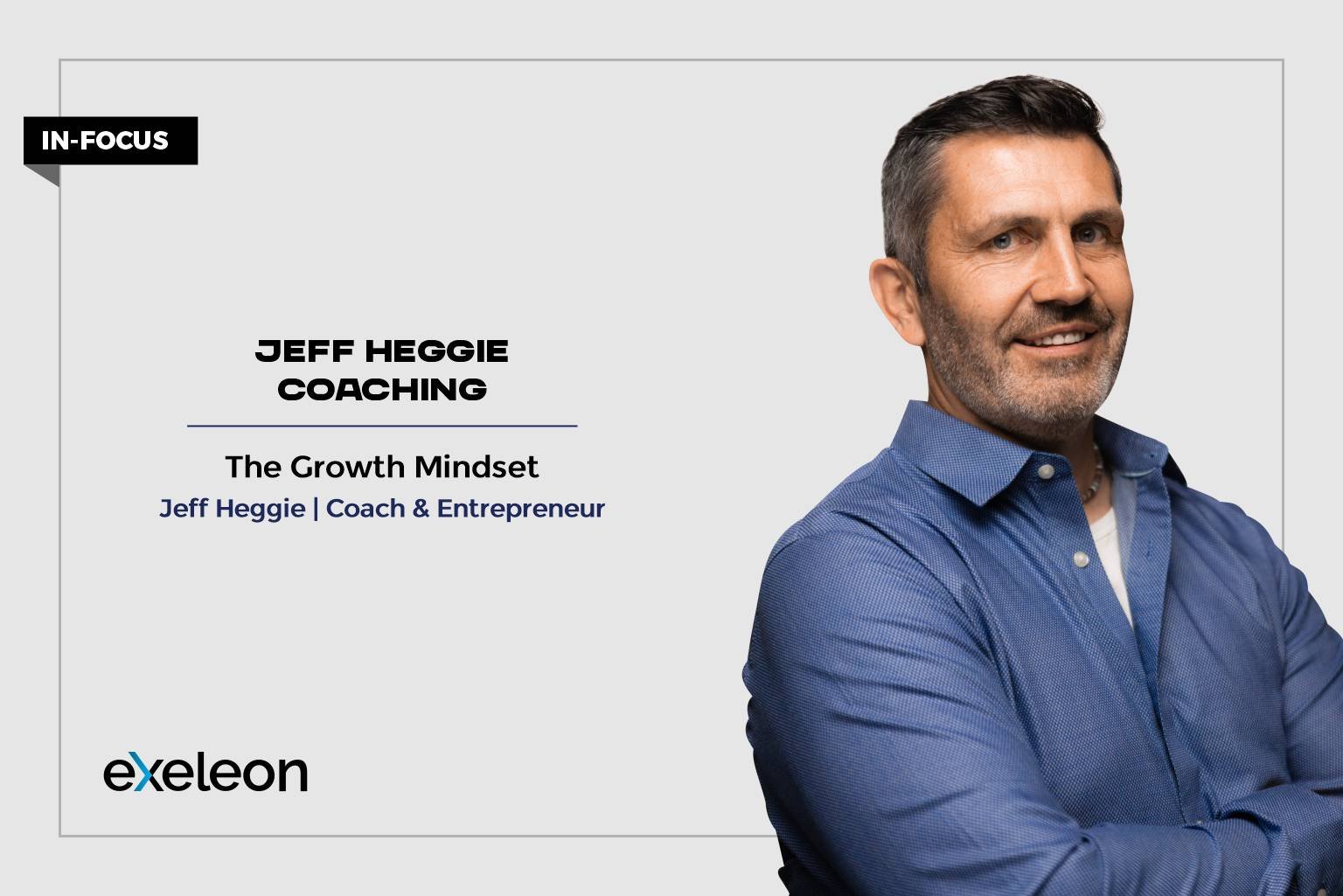
What according to you makes one a transformational leader? How do you integrate the same thought into your leadership?
We live in a fast-paced world where things are changing rapidly. In the past, many businesses developed a culture where employees resisted change. Change was uncomfortable, and they didn’t want it. I believe over the years we have seen more and more transformational leaders rise to the top of organizations as they have to be willing to change and adapt with the world around them.
A transformational leader helps to guide a team and organization forward with growth and advancement. It’s a leader that isn’t afraid of change and stepping out of their comfort zone. This means that they are willing to accept the possibility of failure to achieve their bigger vision.
Implementing this type of leadership requires great communication within the entire organization. The team has to understand the direction they are going, what the plan looks like, and why they are doing it.
Talk to us about your growing up years. What is your earliest memory as a leader that you can remember?
I grew up in Southern Alberta and had the opportunity to be involved in many different sports. Sports were a great place for me to experience leadership at a young age and learn a lot from my coaches. There are many things I learned as a young athlete that are a part of my life today.
What prompted your interest and subsequently your foray into the business coaching space?
I’ve always loved business and entrepreneurship. As a bank manager I had a lot of opportunity to spend time with entrepreneurs. I learned a lot from them and a lot about their businesses. Throughout the years I had many opportunities to mentor and coach entrepreneurs. As I was running my business, I had many conversations with one of my business partners, Dave, about the lessons we were learning from our successes and failures and how I wanted to use that to help other entrepreneurs. After many years of this, in addition to some coaching certifications, I decided to become more serious about the coaching.
What is the process followed by you to take entrepreneurs to the next level with your coaching?
I don’t have a specific set process that I use with every client because every client is unique and so are their businesses. But one thing that I do put a lot of effort and focus into is helping them to understand their own mindsets and how to improve them.
A lot of the work I do with my clients focuses a lot on the individual to help them become more successful in all they are doing, which, in turn, directly impacts their leadership and decisions in their business.
By helping them improve their mindsets, they in turn have more powerful thinking, learning and behaviors which makes them more successful in their work, life, and leadership.
Being an entrepreneur, industry leader, success coach, father, and a husband, how do you ensure work-life balance?
I believe it’s important to understand that a work-life balance is a myth. At different times, some things are going to carry more weight, priority, and time than others. It’s not a balancing act. To me it’s important to have a clear understanding of your goals and priorities in all areas of your life so you can allocate the appropriate time and energy.
For myself, I do put a lot of time and effort into my coaching. But my family is my number one priority overall. That doesn’t mean that I spend more of my time with my family than my work necessarily. But it does mean that when it comes to things that are important with my family, they take priority, and I am there.
Nine years ago, when we adopted my son from the DR Congo, I moved my office to our home and have worked from home since then. Even if I’m working longer hours, I can still be close to my family.
I have been a basketball coach for 20+ years and many of those years were coaching my daughter. Recently I actually coached with her as her assistant coach.
What has the journey been like for Jeff Heggie over the years?
As with any entrepreneur, the journey is a roller coaster. There have been the highest of highs and the lowest of lows.
But the experiences have been invaluable. There have been many lessons from all of my businesses, both good and bad. Some of the failures have been extremely hard. They’ve caused incredible anxiety and stress. But even with the incredible lessons learned, that didn’t make it any easier. Those were some tough lessons to go through.
It has been all about the people. Everything you do as an entrepreneur involves people. Customers, suppliers, partners, investors, staff, and on and on. Just like some of my failures, I’ve had failed relationships. But overall, I look back and the relationships I built were incredible. Everyone from employees, to customers, to investors were unique and great relationships. I had people I worked with on our team who I have such a deep respect for because of the people they were.
My mentors and business partners have been amazing and are still people I look up to today.
Looking back, what would you have done differently if you were to start again?
That is such a tough question because some of the hardest failures were my biggest lessons. But if there is something I could change it would be to accept sooner that failure is an option. In the end I made some decisions in my manufacturing company that were based on emotions too much. I took a “failure isn’t an option” attitude because one of my number one concerns was protecting our investors. But the reality is, we had already past the point of recovery and failure was going to happen. The only thing that dragging it out longer did was created a bigger hole and bigger losses.
What has been the biggest roadblock during your journey? What has been your biggest learning?
Starting such a capital-intensive company was difficult. It was such an expensive operation to set up and run that cashflow was often a problem. This put us in a position to base decision on cashflow, even if it wasn’t the best option for the business. In hindsight, I wouldn’t have started a business that was so capital intensive.
Then going back to what I said earlier about acknowledging that failure is an option would have made a big difference for me personally. At the point I should have accepted failure, I continued to try to save things with my own funds, some of which were leveraged. This obviously caused more pain when things didn’t work out.
What would be your advice for aspiring and emerging business leaders in this current changing work environment?
Regardless of your background and experience, get a coach or a mentor. Someone who is not close to you and will hold you accountable for your success.
Finally, what does the future look like for you, professionally and personally?
I will continue to grow both my mortgage business and my coaching business. I will continue to coach clients one-on-one but will expand my reach with more of my group coaching programs and courses. My podcasts will grow and be a positive influence on many. I’ll continue to work with elite athletes in The Confident Athlete Program. I will always keep my family Number One!









